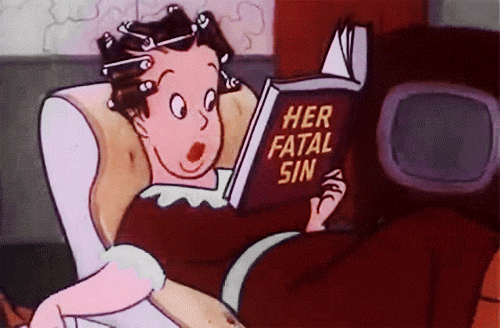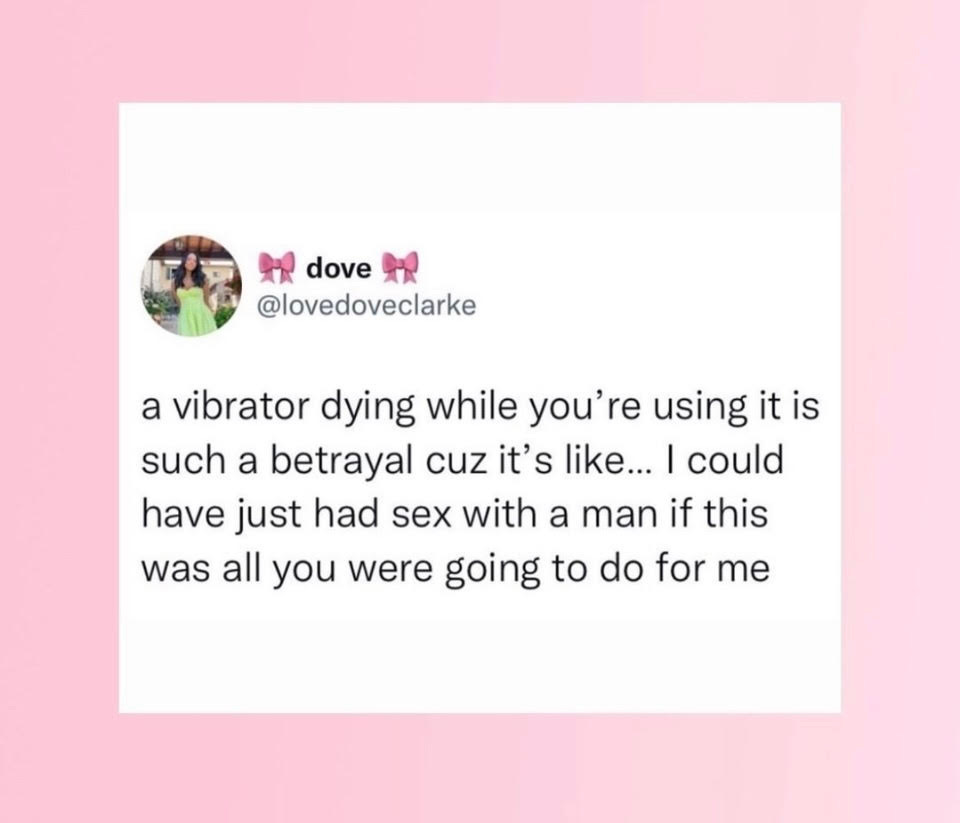Are you being gaslit in your relationship?
This insidious form of manipulation deserves interrogation.
[This newsletter will always be free to read, but it’s also how I supplement bills and such - which allows me the flexibility to bring you the best possible sex education every week. So, if you like what you read, please consider a paid subscription.]
Hey babe,
In the spirit of uncomfortable truths (because I’ve been feeling emosh lately), let’s talk about gaslighting. This is something you or someone you know has probably dealt with at some point or other in a relationship. It can be very damaging and insidious — because it truly makes you question you own grasp on reality.
Today, we shall explore.
What is gaslighting in relationships?
Gaslighting is a form of emotional manipulation wherein a partner makes you doubt your own memory or recollection of events, often leading you to question your own sanity. It is usually considered a form of emotional abuse. While it can take place in any kind of relationship, you find it most often in romantic partnerships.
Gaslighting can come out of a power imbalance in relationships, wherein one partner manipulates the other. The partner being galit may feel confused, disoriented, or like they are losing their mind. Overtime, gaslighting can greatly deteriorate confidence and self-perception. Gaslighting is very different from having differing memories about events. Gaslighting is entirely intentional and designed to manipulate.
Why do people gaslight in relationships?
A partner may gaslight you to gain power over you in a relationship. It's a way to try and get what they want from you. A person who gaslights may do so because they've seen this behavior modeled by primary caregivers in the past and therefore, don't know another tactic for getting their needs met in a healthy way.
Gaslighting is usually a means to deflect and avoid taking responsibility for one's behavior. It's a way to shift blame onto a partner, rather than be able to be held accountable for one's actions.
3 common examples of gaslighting.
Your partner denies objective facts.
When something happens (such as a family event where something funny happened, when your partner said something to you at the movies etc), your partner straight up tells you it never happened. You know for a fact that it did take place and your partner denies it regardless, often pointing to your lack of memory as the culprit.
They minimize your emotions.
When you become upset because of something mean or cruel that they've done, they turn the blame on you. They might tell you you're being paranoid or overly emotional. For example: You watch your partner flirt with someone at a bar and give her his number. When you approach him and react, he denies it and says you're being hysterical.
They accuse you of lying to avoid accountability.
When you confront them about something they've done, instead of apologizing or taking accountability they insist that you're lying or making it up.
3 ways to respond to gaslighting.
Listen to your intuition.
If something feels off, tell them you know something is off. Confirm with other sources, if possible, what occurred.
Step away.
Take time to process what's happened and look to friends and family for support. Tell your partner you need time away from them and you believe they're being manipulative and you no longer feel safe.
Write stuff down.
Keep receipts of things that have happened. After an argument or heated discussion, write down everything you remember. This will help you keep a clear head in the face of gaslighting.
This week’s mantras:
Healthy relationships where I feel supported and loved are not an unreasonable ask.
I will not stay in an unhappy relationship that makes me feel small and worthless just because I am afraid to be alone. This is a sunk-cost fallacy.
I will love myself.
I love you. Have a great week!
XOXO Auntie Gigi
~Good ReadsSsSssSsSs~
Ever heard of a breeding kink? A breeding kink is when you are sexually turned on by the idea of having some come inside you, or get you pregnant. Most people who partake in this kink are actually taking precautions not to get pregnant. The kink falls under the BDSM umbrella – which tends to be why people find it such a turn on. For women and vulva owners who enjoy this kink, it’s likely because they want to be dominated – it’s the idea of carrying their semen inside of you, and being marked or owned by your dom. For men or those with a penis, it’s about degradation and marking your territory. It’s very primal. For both parties it’s taboo and risky, and we’re turned on by this kind of thrill, and things that we’re not supposed to do. Read more. - METRO
Did you know that c-rings are amazing for all partners? It’s true! Certain cock rings come with a raised base (often one that vibrates), which can help with getting that very much-needed external clitoral stimulation that the vast majority of clit-owners need in order to climax. I gave all my best recommendations to COSMO this week — and offered some of the FAV c-ring options. You know you need this one. Read more. - COSMO
Did you know that therapy porn is a hot new thing people are into? Worldwide, "therapy" searches grew throughout last year on Pornhub, up a whopping 344 percent since 2022. Yes, like scenes where someone is in the therapist’s office and then there is sex. Vulnerability, maybe? Power dynamics? Of course, it’s completely unethical and we know unethical things do get people hot. It’s all very interesting! Learn more about in Mashable this week — as journalist, Beth Ashley, did a serious deep dive to unpick why people are so into this. Read more. - MASHABLE
Want to work with me?
I’m taking new clients! Book an appointment with me at The Therapy Yard <3
Weekly LOL
LOL for real.
That’s it for me this week, pals. I love you. You’re so brilliant. Trust yourself.








Nice topic love it Gigi